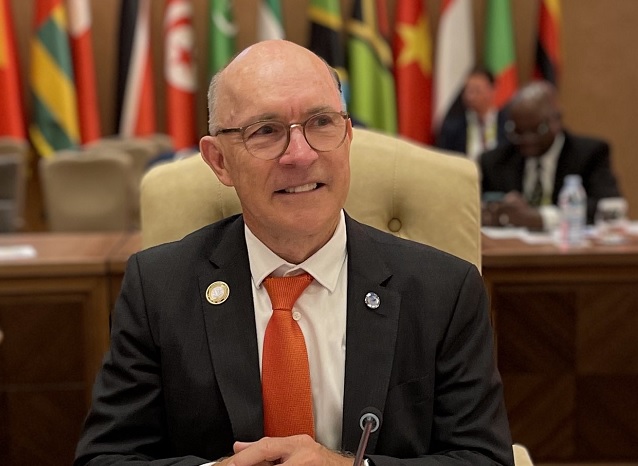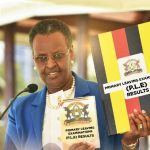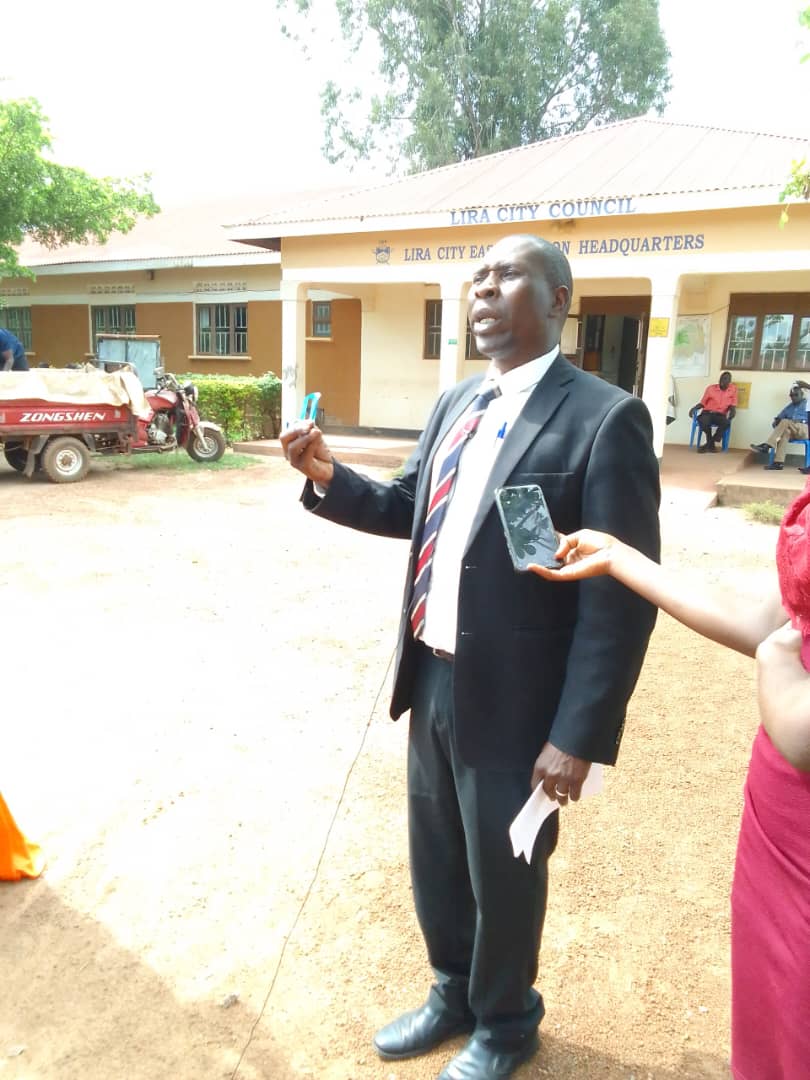Dr. Robert Floyd, the Executive Secretary of the Comprehensive Nuclear Test-Ban-Treaty (CTBT) Organization, undertook his inaugural visit to Uganda, using the opportunity to garner support against nuclear weapons testing.
Dr. Floyd actively participated in the opening of the 19th Summit of the Non-Aligned Movement (NAM) in Uganda. His presence at the summit is seen as part of a broader campaign to reinforce global nuclear non-proliferation and disarmament efforts.
The Non-Aligned Movement played a pivotal role in negotiating the CTBT at the Conference on Disarmament in Geneva and subsequent adoption by the UN General Assembly. The ongoing summit, chaired by President Museveni, coincides with heightened global tensions due to the Russian invasion of Ukraine and the Israeli war in Gaza. Notably, some nations involved in these conflicts are yet to ratify the Nuclear-Test-Ban Treaty.
Uganda, hosting an International Monitoring System (IMS) facility in Mbarara, ratified the CTBT on March 14, 2001, becoming the second East African Community member to do so after Kenya. The CTBT, established in 1996, remains the first international treaty to comprehensively ban all nuclear tests. Despite having 187 signatory states and 178 ratifications, it has not entered into force, awaiting ratification by eight key states: China, the Democratic People’s Republic of Korea, Egypt, India, Iran, Israel, Pakistan, and the United States.
Uganda, rich in uranium deposits, a crucial element in nuclear bombs, faces global concerns about the potential diversion of uranium for weapons. The nation, however, maintains its commitment to utilizing these resources exclusively for peaceful applications in planned nuclear power plants.
Dr. Floyd’s three-day visit included a tour of Uganda’s Directorate of Geological Surveys and Mines Department, particularly the National Data Center, guided by State Minister for Minerals Peter Lokeris and Ag. Commissioner Geological Survey Department Dr. Fred Tugume. The CTBT, which prohibits all nuclear explosions globally, has been a cornerstone in the pursuit of a nuclear-test-free world.
In a recent online briefing, Dr. Floyd highlighted the continued relevance of the CTBT, acknowledging the heightened concerns about nuclear weapons’ use and proliferation. Despite these challenges, he emphasized the treaty’s significant contribution to global peace, security, and disarmament.
During the past two years, nine countries, including the recent ratification by Sri Lanka, have committed to the test ban treaty. Out of 197 signatories, only nine countries are yet to sign the Treaty, indicating a growing global movement against nuclear testing.
Africa, with unanimous support from its 54 states, plays a crucial role in CTBT verification, hosting the largest number of IMS facilities. As the CTBT organization works toward completing 38 IMS facilities in 24 African states, the continent stands at the forefront of the worldwide effort to ban nuclear weapon testing.




















